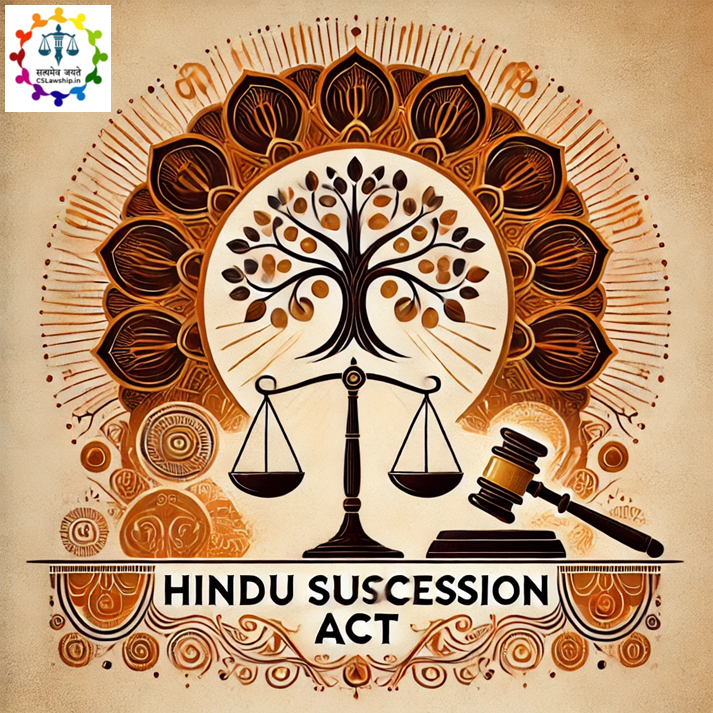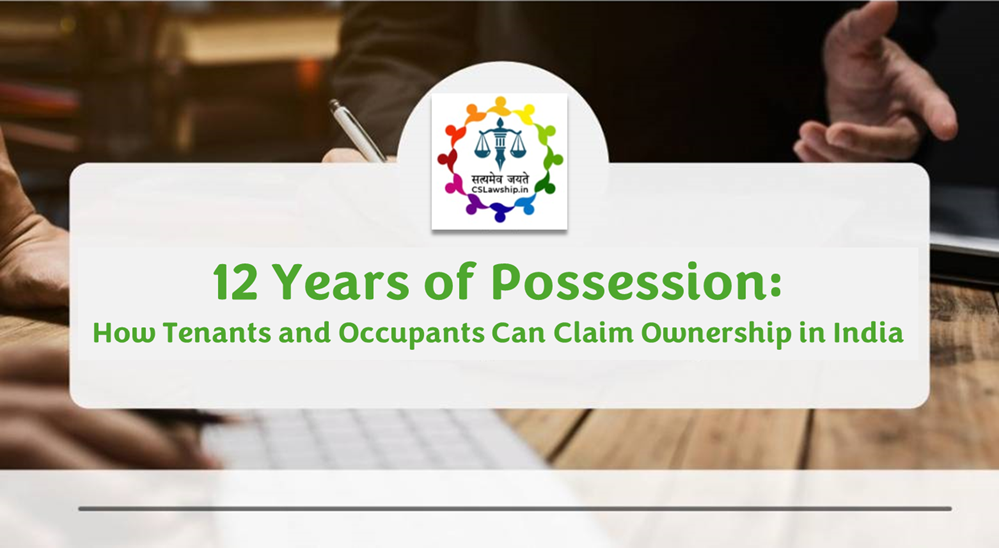In India, the law regarding the division of property in a Hindu Undivided Family (HUF) is primarily governed by the Hindu Succession Act, 1956, and subsequent amendments. Here is how self-acquired and ancestral properties are generally treated when parents have son and daughter.
1. Self-Acquired Property
- Self-acquired property is any property that the parents obtained independently, such as by their own income, purchases, or any other means outside inheritance from ancestors.
- Distribution: Upon the death of the parents, self-acquired property is divided equally among all legal heirs (including sons and daughters) if there’s no will.
- If there is a will, the property will be distributed as per the terms specified in the will. Both the son and daughter have equal rights in the absence of a will.
- In the lifetime of the parents, the son or daughter has no inherent right to claim the self-acquired property, as the parents can choose to dispose of or allocate it as they wish.
2. Ancestral Property
- Ancestral property is inherited through four generations (i.e., from the great-grandfather to the current generation) and is undivided within the family lineage.
- Distribution: As per the Hindu Succession (Amendment) Act, 2005, both sons and daughters have equal rights to ancestral property.
- Daughters were traditionally excluded from inheriting ancestral property, but post-2005, daughters have the same rights as sons in ancestral property, regardless of their marital status.
- Partition Suit: If any family member (in this case, either the son or daughter) wants their share, they can file a partition suit. The court then divides the property equally among all entitled members.
Practical Division for One Son and One Daughter
- In this case, both the son and daughter would receive an equal share in both ancestral and self-acquired property.
- If the parents are alive, they retain full rights to their self-acquired property and may allocate it per their wishes, with children’s rights becoming effective upon the parents’ demise (if there is no will).
- For ancestral property, both son and daughter can claim equal rights at any time, as long as the property qualifies as ancestral by legal definition.
Example of Division if No Will Exists:
- If both parents pass away without a will, the son and daughter would receive a 50-50 division of the self-acquired property.
- For ancestral property, both would also receive equal shares, as they both have rights under the amended Hindu Succession Act.
-- CsLawship.in
Hindu Succession Act, 1956
Share This Blog
Spread the word! Share our blog on your favorite platform or send it to your friends.






